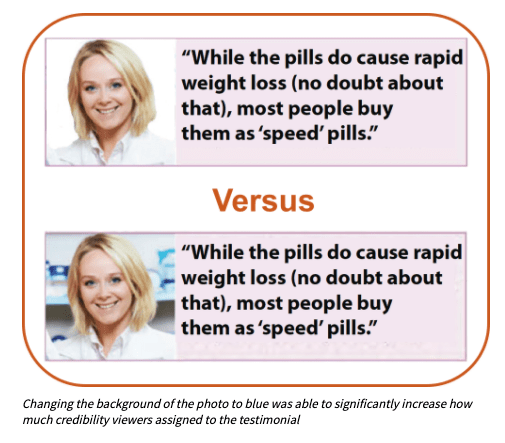As products and services merge, we need new kinds of marketplace signals and rules to ensure that consumers understand the exchange, and so that competition is fair and vigorous. In a series of works with Case Western University Professor Aaron Perzanowski and Berkeley JSD/Yale JD candidate Aniket Kesari, we have used legal/empirical analyses to elucidate consumers’ understanding of digital marketplaces.
Our most ambitious work in this field is The Tethered Economy, which explores how sellers are exercising post-transaction control over consumers using both legal and technical mechanisms. We describe tethering as a deliberate strategy, one that reflects a reconceptualization of the modern consumer from owner to renter. Tethers make a product dependent on the seller for its ordinary operation, and in doing so, sculpt consumers’ decision space. We explain the pathologies that arise from tethering mechanisms, on both the individual consumer and market level. We conclude by suggesting ways to change incentive alignments to reduce transaction costs, reduce opportunities for guile, and to promote competition. Our most radical intervention surrounds network effects. We think network effects are more powerful than regulators understand, and that to counter them, consumers need not just the right to switch providers, but structured help to do so. We articulate this as a “micro-services switch over” principle.
With Eduard Meleshinsky, I wrote an article detailing the history of “advertorials” and the reasons why such advertising might be mistaken for organic news content. In Native Advertising and Endorsement: Schema, Source-Based Misleadingness, and Omission of Material Facts, we use a consumer panel to show how merely coloring the background of an image leads a substantial number of readers to conclude that the advertorial was written by a medical professional instead of a marketing company.
Representative publications:
- The Tethered Economy (with Aaron Perzanowski and Aniket Kesari), 87(4) Geo. Wash. L. Rev. 783 (2019)
- Designing for Consent, 4/2018 Journal of European Consumer and Market Law 162–171 (2018)
- What We Buy When We “Buy Now,” 165 University of Pennsylvania L. Rev. 315 (2017)(with Aaron Perzanowski)
- Native Advertising and Endorsement: Schema, Source-Based Misleadingness, and Omission of Material Facts, Technology Science 2015121503 (2015)(with Eduard Meleshinsky)

